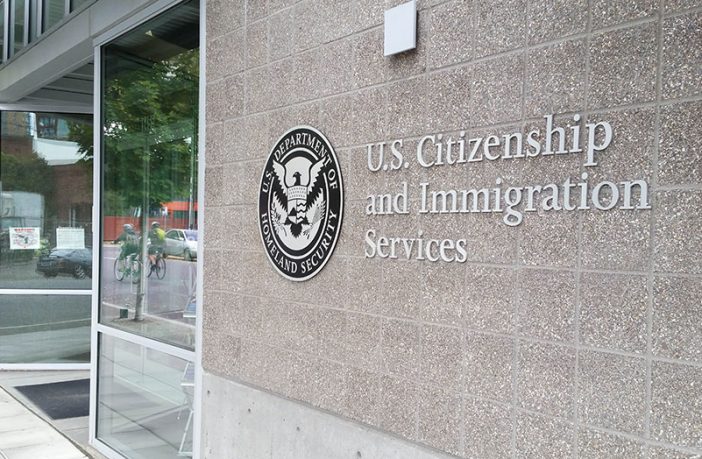Fresh off a court victory affirming public charge regulations on immigrants, the Trump administration wants to ensure that sponsors of foreign nationals have the means to cover their associated costs.
“This proposed rule would require sponsors and household members who execute an Affidavit of Support to provide Federal income tax returns for three years, credit reports, credit scores, and bank account information,” the regulation states.
The rule is designed to ensure that a U.S. citizen who sponsors a foreign national has the requisite financial means to assist if called upon. It prevents citizens dependent on welfare from acting as sponsors.
These safeguards are reasonable and necessary, considering that more than 60 percent of noncitizen immigrant households in the U.S. use at least one form of taxpayer-funded welfare — nearly twice the rate of native-born households. In California, the state with the most immigrants, the rate tops 70 percent.
Sponsorship rules are in keeping with U.S. immigration law, which, since the 1800s, bars admission of immigrants likely to become public charges. It is a sign of our times that Trump’s reiteration of public charge policy took more than 13 months to get through a series of hostile lower courts before it was finally upheld by the 2nd Circuit Court of Appeals.
The only downside to the sponsorship conditions was that they weren’t included in the administration’s initial public charge reform. While better late than never, incremental half steps only ensure more litigation and delays in implementation.
In fact, this administration could have done lots of things earlier on immigration. For example, the White House should have pressed Senate Majority Leader Mitch McConnell, R-Ky., for a vote on the RAISE Act, if only to force Democrats to justify blocking it.
The RAISE Act – which calls for a skills-based immigration system in which applicants earn points based on education, English-language ability, high-paying job offers, extraordinary achievement and entrepreneurial initiative – was introduced in 2017 and again in 2019. But it was never brought up for a vote in the GOP-controlled Senate.
While good intentions are appreciated, half steps and missed opportunities frustrate progress toward immigration reform.




